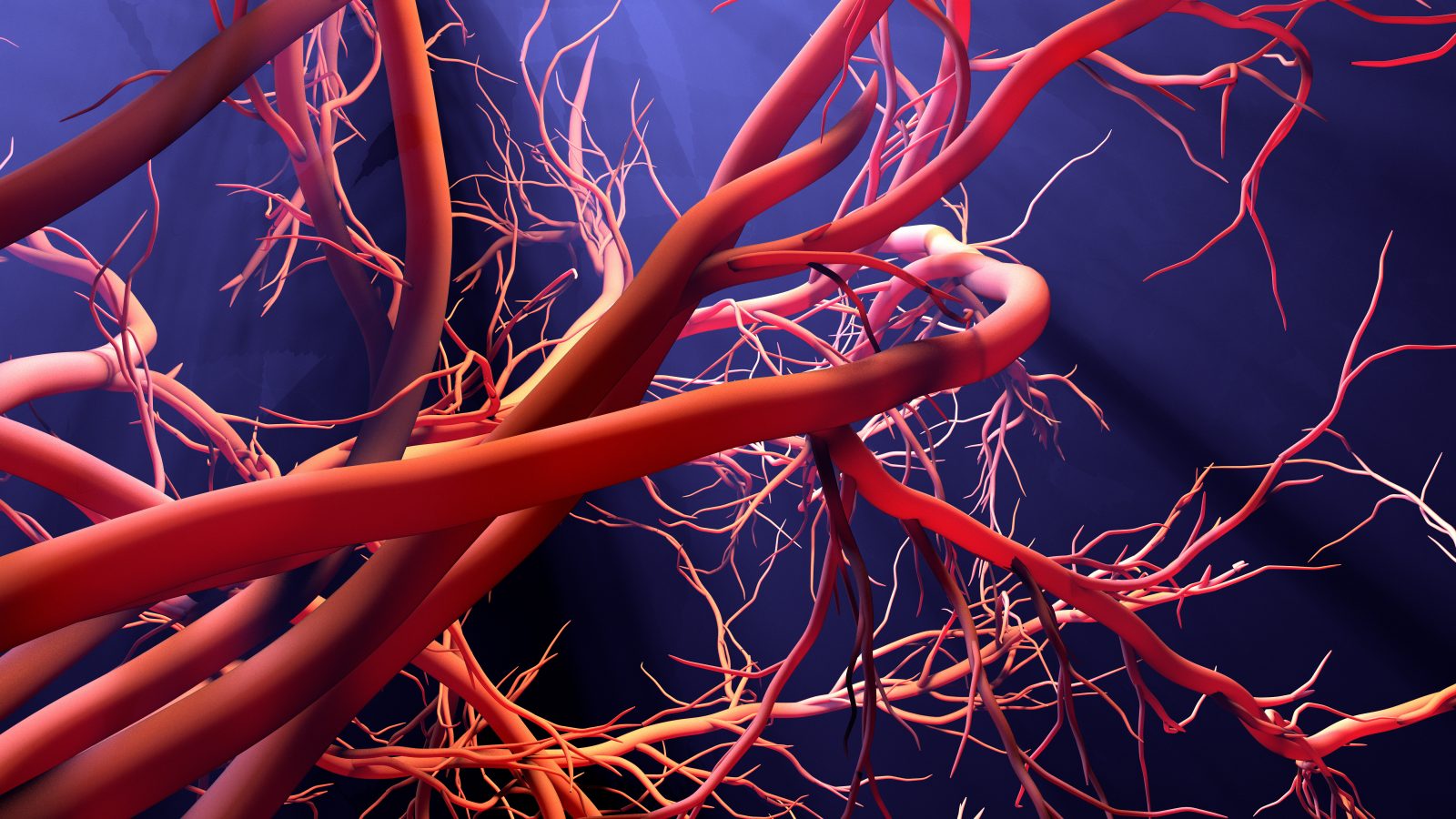
Deflating Median Artery Evolution Hype, Pt. 2
On this ID the Future Eric Anderson and physician Howard Glicksman further discuss a recent Journal of Anatomy article suggesting possible evolutionary changes in humans: a persistent, prominent median artery in some people’s arms. Journalists have hyped this as evolution in action, but Anderson and Glicksman say there’s little reason to treat this as an evolutionary change, even if it’s real. And they say it’s far from clear how natural selection could select for this as an “adaptation” when its most obvious effect is to contribute to carpal tunnel syndrome and other health problems.

